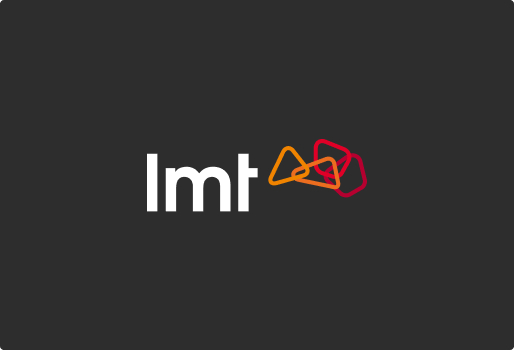LMT develops military platform “Viedsargs” to protect Latvia
As nowadays modern technologies can be as powerful a weapon as armored vehicles, Latvijas Mobilais Telefons (LMT) develops a mobile national defense platform “Viedsargs” with the Internet of Military Things functionality. This product is developed in cooperation with the Ministry of Defense (MD), the National Armed Forces, and Riga Technical University (RTU), and it will also be available for export to other NATO states.
This project has not yet been completed, but it will serve as an information platform for all defense stakeholders. It will be especially adapted to military needs and offer highly specialized solutions for the protection of data. LMT intends to set up a mobile cyber training ground that would allow Latvia to become a security competence center for the mobile networks of NATO states.
“I am truly happy that the LMT and RTU have taken the initiative to cooperate to develop new mobile solutions for the national security and defense sectors. This serves as a proof that we have highly skilled national experts, who can and actually do compete with others internationally. In this case we can safely claim that the LMT as one of the most innovative Latvian companies has made a large step towards extensive use of progressive technologies in the defense sector,” underlined Raimonds Bergmanis, the Minister of Defense.
“Mobile technologies allow to achieve very short response times with regards to the exchange of defense information. By developing the Internet of Military Things and relying on various sensors to collect information, “Viedsargs” will provide for more precise and better real-time information. Smart people and innovative technologies are the Latvian gold and oil that should be used to strengthen our defenses and improve our well-being,” indicated Juris Binde, the President of LMT.
This platform has an integrated map that allows displaying the required objects and persons, as well as a message exchange functionality. Along the development of 5G mobile technologies, more and more sensors are designed to collect audio, motion, and object information, and to continuously monitor them. By integrating these sensors in the Viedsargs, it will be possible to develop the Internet of Military Things. A computer vision solution for this platform is developed in cooperation with the RTU. An AI will allow identifying various objects and individuals online by means of thermal imaging cameras. In addition, land based audio sensors will also allow to use the Viedsargs to monitor all activity in a specific area. Furthermore, LMT actively develops not only drone technology projects, but also considers various other alternatives, e. g. the use of specialized balloon platforms with sensors for aerial surveillance.
This project has not yet been completed, but it will serve as an information platform for all defense stakeholders. It will be especially adapted to military needs and offer highly specialized solutions for the protection of data. LMT intends to set up a mobile cyber training ground that would allow Latvia to become a security competence center for the mobile networks of NATO states.
“I am truly happy that the LMT and RTU have taken the initiative to cooperate to develop new mobile solutions for the national security and defense sectors. This serves as a proof that we have highly skilled national experts, who can and actually do compete with others internationally. In this case we can safely claim that the LMT as one of the most innovative Latvian companies has made a large step towards extensive use of progressive technologies in the defense sector,” underlined Raimonds Bergmanis, the Minister of Defense.
“Mobile technologies allow to achieve very short response times with regards to the exchange of defense information. By developing the Internet of Military Things and relying on various sensors to collect information, “Viedsargs” will provide for more precise and better real-time information. Smart people and innovative technologies are the Latvian gold and oil that should be used to strengthen our defenses and improve our well-being,” indicated Juris Binde, the President of LMT.
This platform has an integrated map that allows displaying the required objects and persons, as well as a message exchange functionality. Along the development of 5G mobile technologies, more and more sensors are designed to collect audio, motion, and object information, and to continuously monitor them. By integrating these sensors in the Viedsargs, it will be possible to develop the Internet of Military Things. A computer vision solution for this platform is developed in cooperation with the RTU. An AI will allow identifying various objects and individuals online by means of thermal imaging cameras. In addition, land based audio sensors will also allow to use the Viedsargs to monitor all activity in a specific area. Furthermore, LMT actively develops not only drone technology projects, but also considers various other alternatives, e. g. the use of specialized balloon platforms with sensors for aerial surveillance.
Share the link
